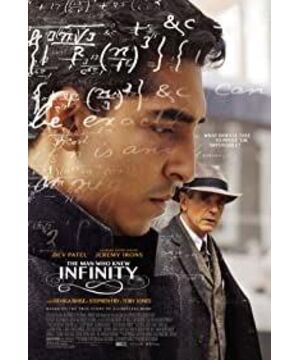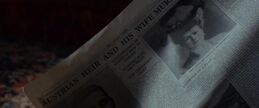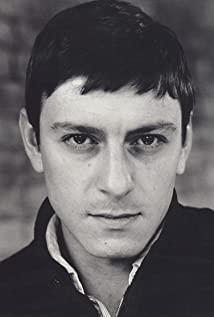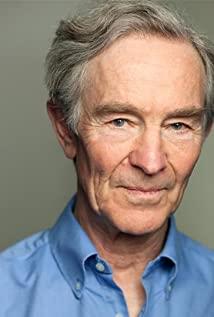It is often said that a partner is like a husband and wife, and there is often a man behind a successful man.
As the historian Paul Mantu said: "It's one thing to invent, it's another to be able to use it." Likewise, it's one thing to be born, and it's another to be born. thing.
Hardy was the enlightener, the tutor, the discoverer of Ramanujan's genius. As for the imperfection of the process, it is one thing to be embarrassed to invent, but it is another to be able to manage and utilize the invention.
Why do you say that? When entering the library for more than 40 minutes in the film, Hardy said a passage that showed the main theme and his outlook on life:
There are many ways to leave traces, and he chose to leave his name after his death, just like Newton. He believes that the greatness of Newton is not only the surface or literal (physical) principles of proving, but also the abstract and extendable parts (abstract).
As it is often said, the workings of the universe can be explained by gravity. This also explains the usefulness of mathematics, and it seems that the people somehow and later used a function of Ramanujan to explain the black hole theory that he had not proposed before his death.
Hardy still highly valued Laplace. He compared Laplace's notebook with Newton's writings, saying that Newton's "Mathematical Principles of Natural Philosophy" was the concrete part, while Lag's notebook was the abstract part. At 39 points, he was compared with Euler and Jacobi again.
Then, around 60 minutes into the film, Littlewood wrote in a letter to Hardy when he was drafted into the army:
1. His theorem about prime numbers was wrong. As a conclusion that wonderful equation was actually wrong... Later Hardy's proof to him, corrected in red pen, also showed that geniuses can be wrong.
2. He is not so much a diligent Jacobi as he is an unborn Newton. He is sensitive to numbers, especially large numbers. This is innate and should be used well. This part is not understood by ordinary people even Hardy and Littlewood. Ramanujan is on a higher level. This is a piece of rough jade, you have to carve it well.
Hardy suddenly realized that he cared too little for him, just like strict father-style strict requirements. Hardy didn't quite know how to care for him, though. Genius is always proud, and the combination of Watts and Watts is never as perfect as the combination of Watts and Bolton. (Han Yu's "Horse Talk")
It's a pity that some moviegoers didn't see this and asked why they didn't give the genius a nanny to take care of his daily life, and provide him with vegetarian food and better living conditions. In The Theory of Everything, no nanny is hired at public expense for Hawking, and they are all taken care of by his wife. Of course, Hardy himself had an assistant. The reason is self-evident, the treatment issue is understandable and proportional to the contribution.
After all, La's is not a child, and this is not Hardy's responsibility. How can we accommodate "prodigy" Wei Yongkang? (Press not the table)
1. The British food is just like that. The canteen in Cambridge can't be considered bad. There were not so many vegetarians at that time, and the attitude of the ocean liner chef in the young pi to the Indian vegetarians (pi family) can be seen; (there are actually quite a few Indians in the UK, there is one in Cambridge in the film) [Lifestyle and Culture Shock ]
2. Hardy is different from Ramanujan. As an unmarried intellectual straight man, his mind is full of mathematics. And La is indeed married and has a promise to his wife that he will bring her back for reunion (La Shi repeatedly stressed that he has nothing). [Difference in outlook on life]
3. There are many scenes of Ra's religious rituals in the film. This is a part of his life, and his goddess Namakar gave him inspiration. In the scene where he was hospitalized, the two exchanged views for the second time [the huge difference in religious views between theism and atheism]
4. The British are also a little arrogant by nature, not to mention the British Empire before the First World War. The most powerful moment (1/4 of the world's land area, won the Boer War, conquered the Antarctic, only the United States has just really challenged the British economic hegemony), this is most obvious in Professor Mark Mahon; [Culture Difference]
5. As for Trinity College not giving him the status of a researcher, he finally obtained the FRS status of the Royal Society and then obtained it through special terms...Einstein was also rejected, and the final award was not based on the theory of relativity; Madame Curie was the first time The winning name is not in the front. I don't think it's discriminatory. 【Identity discrimination? 】
I watched this movie after reading the recommendations of Liang Wendao and Xu Zhiyuan. Maybe the original is better...
View more about The Man Who Knew Infinity reviews











